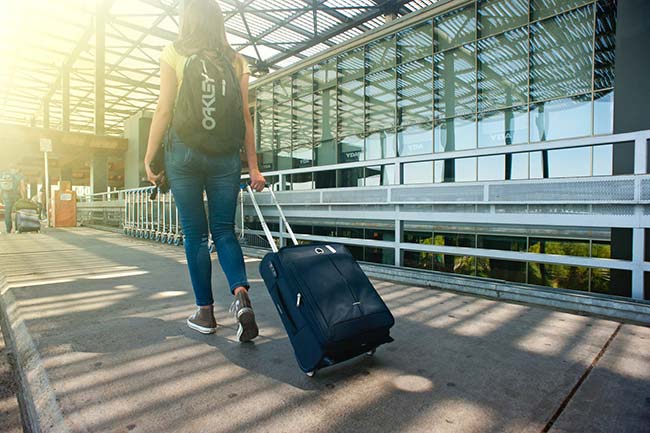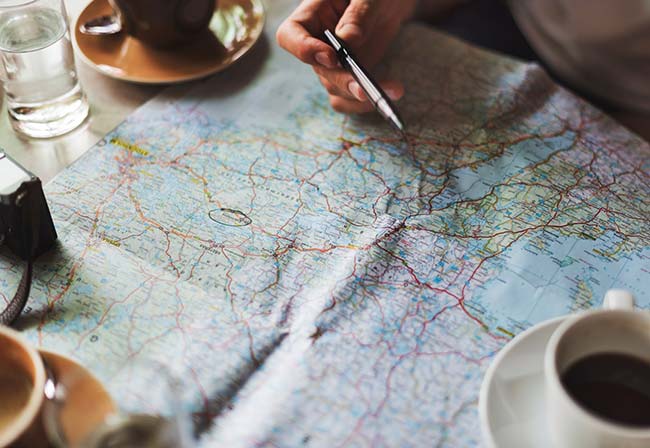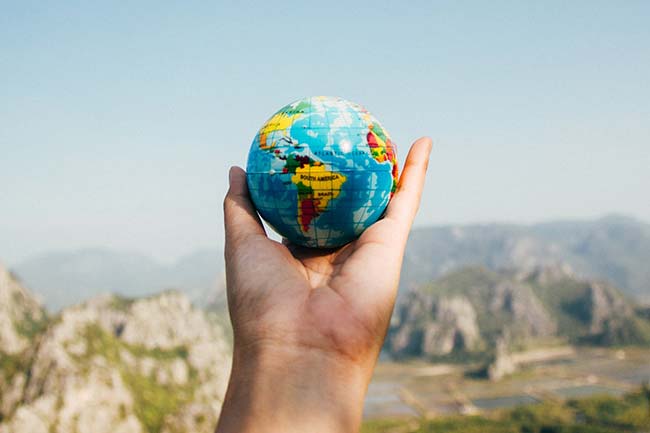One of the most curious aspects of traveling lies in the fact that its best characteristic is, at the same time, its worst/most dangerous aspect.
Namely, you’re leaving your comfort zone and while this is a chance for you to grow and learn, it also means that there are no safety measures that you’re used to.
Most of the time, you will encounter occurrences that you’ve never encountered before, you will lack your usual emergency kit, and you might not even know who you should contact in these situations.
So, here’s a brief guide to prepare you for this occasion.
Article Chapters
Do your Research
The first thing you need to do is figure out exactly what you’re getting into.
Check the state of the roads in the area that you’re going to travel about.
Next, check the safety ratio in the area.
Nowadays, you have the tools to check neighbourhood safety and you should use them to check the area around your hotel.
You see, planning your itinerary doesn’t mean killing the spontaneity of your journey.
It just means being prepared for all that lies ahead.

Have an Emergency Kit
The next thing you need to figure out is the importance of having an emergency kit.
Now, this is a broad statement and we might have to narrow it down a bit.
First of all, you definitely need a first-aid kit.
Second, you might need some basic tools and self-defence items in order to ensure that you are ready for the worst.
Also, make sure to have some water and snacks with you at all times.
You never know when you’ll be stuck or stranded, and starving out or getting dehydrated can make the situation even worse.
Have Enough Money
Running out of cash while on a voyage is a serious risk and the reason why this happens to a lot of people is that they fail to properly prepare for the occasion.
Namely, you always need to have some cash at hand but you also need to keep it in the most unusual of places.
In a foreign environment, you won’t know which areas of town to avoid in order not to get pickpocketed.
Then, there are unexpected occurrences and you need to have enough money in your emergency fund.
In order to make all of this come to life, you might need to submit a personal loan application.
Research Local Contacts
Even first responders have a different dial number in a different country, however, paramedics, firefighters, and the police department aren’t the only numbers you need.
If you’re traveling by car, you also need the number of a local automotive alliance.
Provided that you’re going to be late for the check-in, you might want to have a number of the hotel on your phone.
Overall, make sure to have all the contacts you need on your phone and try not to rely on your ability to google the answer you need in the moment of emergency.

Stick to the Grid
Lastly, in order to stay safe, you need to stay on the grid.
This means that there should be at least one person at all times that knows where you’re heading.
In the era of smartphones and worldwide internet coverage, sending a simple Viber message to a friend back at home is one of the simplest things you can do.
However, in some scenarios, it can literally make a difference between life and death.
Therefore, staying on the grid should be a top priority.
The ideal response in the situation that you find yourself in mostly depends on A) the emergency itself and B) the location that you’re currently at.
Are you in a major metropolitan area, a suburb, or out there on the open road?
Are you in a different city, state, country or on a different continent?
Finally, what is your mean of transportation and are you traveling alone. All you can do is prepare for any outcome and hope for the best.

